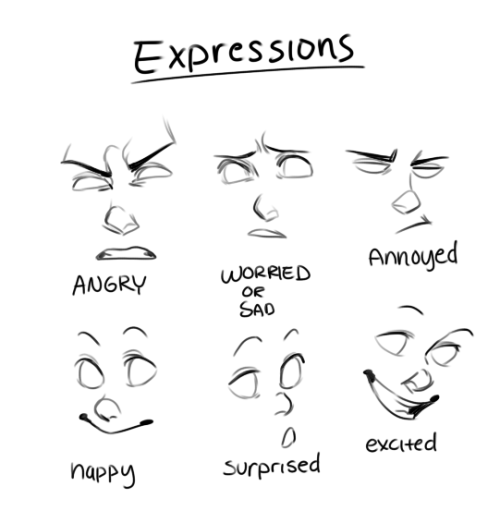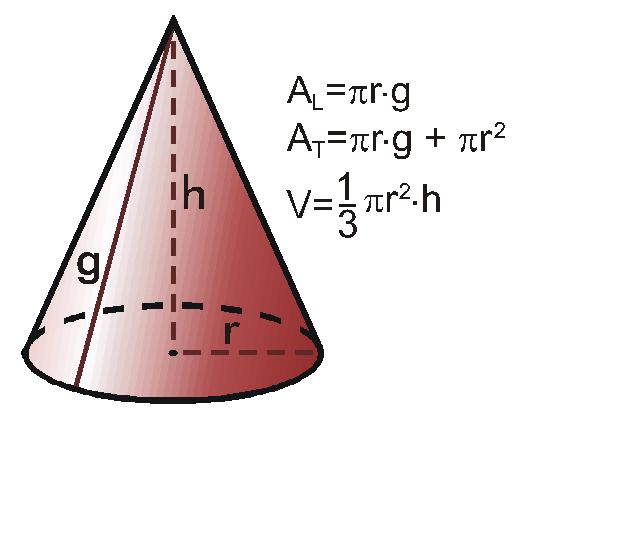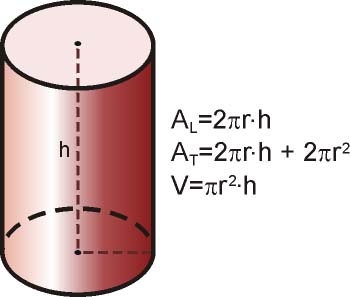Benefits:
We have instant access to information.
We can go shopping without leaving home.
It's easy to contact friends and family all around the world.
Risks:
Viruses can damage computers.
Criminals can access and steal information, products and money.
Long periods of computer use can cause health problems.
People sometimes use the Internet to bully other people.
The information on the Internet isn't always accurate.
Wednesday, 25 May 2016
WHAT'S WORD PROCESSING?
Word processing is a type of software. It can be used to type and edit texts such as letters, articles, stories and reports. Some examples are Microsoft Word, Writer, Pages, Apache Open Office...
HOW TO EDIT TEXT IN WORD:
Checking spelling: Words that are spelt incorrectly are underlined in red.
Bold, underline and italics: Highlight the word with the mouse and then click on the bold or italics or underline button in the toolbar.
Creating lists: Highlight the list with your mouse, and then click on the number or bullet point icon in the toolbar.
Cut, copy and paste: To move text, highlight the text with the mouse. Click on the scissors icon to cut it. Then click on the place you want to move it to. Finally, click on the clipboard icon to paste it.
Saving and printing: It's important to save your work regularly. To save a document click on the disc icon in the toolbar. To print it, click on the printer icon.
Changing the font: Select a font from the toolbar.
HOW TO EDIT TEXT IN WORD:
Checking spelling: Words that are spelt incorrectly are underlined in red.
Bold, underline and italics: Highlight the word with the mouse and then click on the bold or italics or underline button in the toolbar.
Creating lists: Highlight the list with your mouse, and then click on the number or bullet point icon in the toolbar.
Cut, copy and paste: To move text, highlight the text with the mouse. Click on the scissors icon to cut it. Then click on the place you want to move it to. Finally, click on the clipboard icon to paste it.
Saving and printing: It's important to save your work regularly. To save a document click on the disc icon in the toolbar. To print it, click on the printer icon.
Changing the font: Select a font from the toolbar.
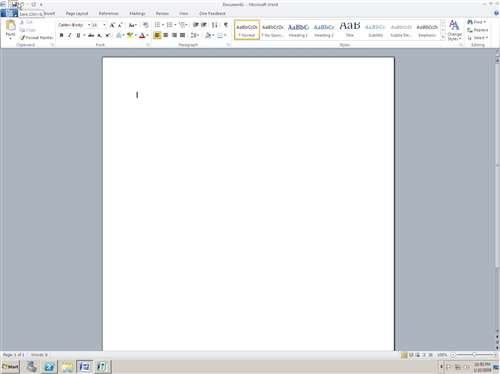 |
| Photo by IvanWalsh via flickr |
Thursday, 19 May 2016
WHAT'S THE INTERNET?
The Internet is a system of computers across the world. These computers are connected to each other in a network.
WHAT'S THE INTERNET USED FOR?
Communication: email, chat rooms, social networks and video-conferencing.
Sharing information: text, images, maps...
Playing games: online and downloadable games.
Banking and shopping.
HOW TO USE THE INTERNET:
What do you need to connect to the Internet? A telephone line, a router, an Internet service provider (ISP), a web browser.
What's a browser? A browser is a computer program that we use to connect to the Internet: Internet Explorer, Chrome, Firefox...
What's a router? A router sends and receives data. By connecting a computer to a router, it can send and receive information from the Internet.
What's an ISP? An ISP is a company that provides access to the Internet (Movistar, Vodafone, Orange...)
WHAT'S THE BEST WAY TO SEARCH FOR INFORMATION ON THE INTERNET?
The Internet has a huge amount of information on many different topics. The best way to find information is to use a search engine (Google, bing, kiddle, bunis...). You introduce a keyword and the search engine gives you a list of links: words or images that take you to web pages with information pages, shopping pages, photos...
WHAT'S THE INTERNET USED FOR?
Communication: email, chat rooms, social networks and video-conferencing.
Sharing information: text, images, maps...
Playing games: online and downloadable games.
Banking and shopping.
HOW TO USE THE INTERNET:
What do you need to connect to the Internet? A telephone line, a router, an Internet service provider (ISP), a web browser.
What's a browser? A browser is a computer program that we use to connect to the Internet: Internet Explorer, Chrome, Firefox...
What's a router? A router sends and receives data. By connecting a computer to a router, it can send and receive information from the Internet.
 |
| Router, By Evan-Amos (Own work) [Public domain], via Wikimedia Commons |
What's an ISP? An ISP is a company that provides access to the Internet (Movistar, Vodafone, Orange...)
WHAT'S THE BEST WAY TO SEARCH FOR INFORMATION ON THE INTERNET?
The Internet has a huge amount of information on many different topics. The best way to find information is to use a search engine (Google, bing, kiddle, bunis...). You introduce a keyword and the search engine gives you a list of links: words or images that take you to web pages with information pages, shopping pages, photos...
HOW DO COMPUTERS WORK?
A computer is a machine that can be programmed with instructions. Computers receive information (input), they carry out a process and they produce output.
HISTORY OF COMPUTERS: The first computer was invented in 1943. It was used to break the codes used by the German army to send messages during World War II. It's name was Colossus because it occupied a whole room.
In 1971, Intel produced the first microprocessor: a very small programmable device. The invention of the microprocessor led to the production of the first household computers.
In the early 1980s, IBM and Apple began producing personal computers or PCs.
TYPES OF COMPUTERS:
General purpose machines: they can perform many functions: mobile phones...
Special purpose machines: they perform one specific function: GPS...
HISTORY OF COMPUTERS: The first computer was invented in 1943. It was used to break the codes used by the German army to send messages during World War II. It's name was Colossus because it occupied a whole room.
 |
| Ian Petticrew [CC BY-SA 2.0 (http://creativecommons.org/licenses/by-sa/2.0)], via Wikimedia Commons |
 |
| By Jamo spingal (Own work) [CC BY 3.0 (http://creativecommons.org/licenses/by/3.0)], via Wikimedia Commons |
 |
| IBM PC 515, By Ruben de Rijcke (Own work) [CC BY-SA 3.0 (http://creativecommons.org/licenses/by-sa/3.0)], via Wikimedia Commons |
TYPES OF COMPUTERS:
General purpose machines: they can perform many functions: mobile phones...
Special purpose machines: they perform one specific function: GPS...
HOW HAVE INVENTIONS CHANGED ART AND MUSIC?
Many artists now use computer software to produce their work. Musicians digitalise music, so they can change the pitch and tone of the music by using modern technology. Digital recording makes it possible to mix different tracks to produce a new version of as ong. Instruments can be added or removed from the recording.
Other artists use modern software and technology to produce digital images. They use stylus and touch-sensitive pads to draw or to edit digital images.
There are many inventions to help us doing exercise: running machines, exercise bikes, rowing machines, heart rate monitors...
_@_The_Cutting_Room_Recording_Studios,_NYC.jpg/640px-SSL_SL9000J_(72ch)_@_The_Cutting_Room_Recording_Studios,_NYC.jpg) |
|
By Rebecca
Wilson (originally posted to Flickr as Vicariously) [CC BY 2.0
(http://creativecommons.org/licenses/by/2.0)], via Wikimedia Commons
|
Other artists use modern software and technology to produce digital images. They use stylus and touch-sensitive pads to draw or to edit digital images.
 |
| Photo via youtube |
There are many inventions to help us doing exercise: running machines, exercise bikes, rowing machines, heart rate monitors...
 |
| By Tomwsulcer (Own work) [CC0], via Wikimedia Commons |
Thursday, 5 May 2016
MODELO DE EXAMEN DEL TEMA 14
Hola, aquí os dejo el modelo de examen para el tema 14 de matemáticas:
Y aquí os dejo las soluciones:
Y aquí os dejo las soluciones:
ÁREA Y VOLUMEN DE UN PRISMA
Hola,
aquí os dejo esta imagen que explica como se calcula el área de un prisma y también el volumen.
aquí os dejo esta imagen que explica como se calcula el área de un prisma y también el volumen.
WHAT INVENTIONS DO WE USE IN OUR DAILY LIVES?
Inventors design machines to solve problems or to make something easier to do.
Modern machines have changed the way we live in many ways:
The bicycle, cars (before the invention of cars we travelled by horse and carriage), steam engine, the hovercraft, aeroplanes...
Modern machines have changed the way we live in many ways:
- Food production: machines have changed the way the food is prepared in large factories, sometimes it has been frozen or packaged in a tin, so it stays fresh for longer periods of time.
- Clothing: most of our clothes contain synthetic fabrics (nylon, viscose). So they're cheaper, more resistant to temperature than natural fabrics and they do not wear out so quickly.
- Healthcare: Doctors use microscopes, computers, X-ray machines and scanners...
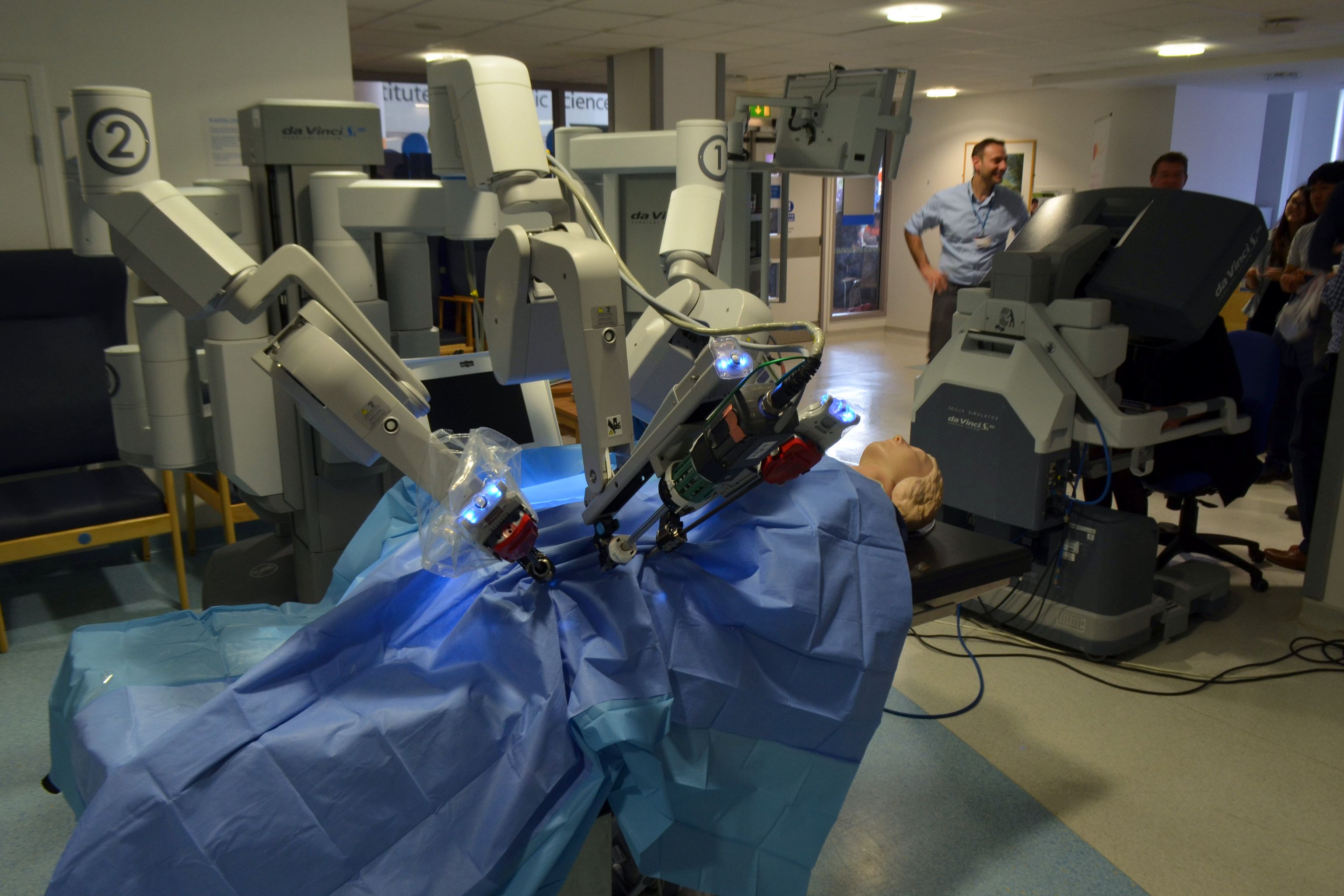
By Cmglee (Own work) [CC BY-SA 3.0 (http://creativecommons.org/licenses/by-sa/3.0) or GFDL (http://www.gnu.org/copyleft/fdl.html)], via Wikimedia Commons
The bicycle, cars (before the invention of cars we travelled by horse and carriage), steam engine, the hovercraft, aeroplanes...
Subscribe to:
Comments (Atom)
